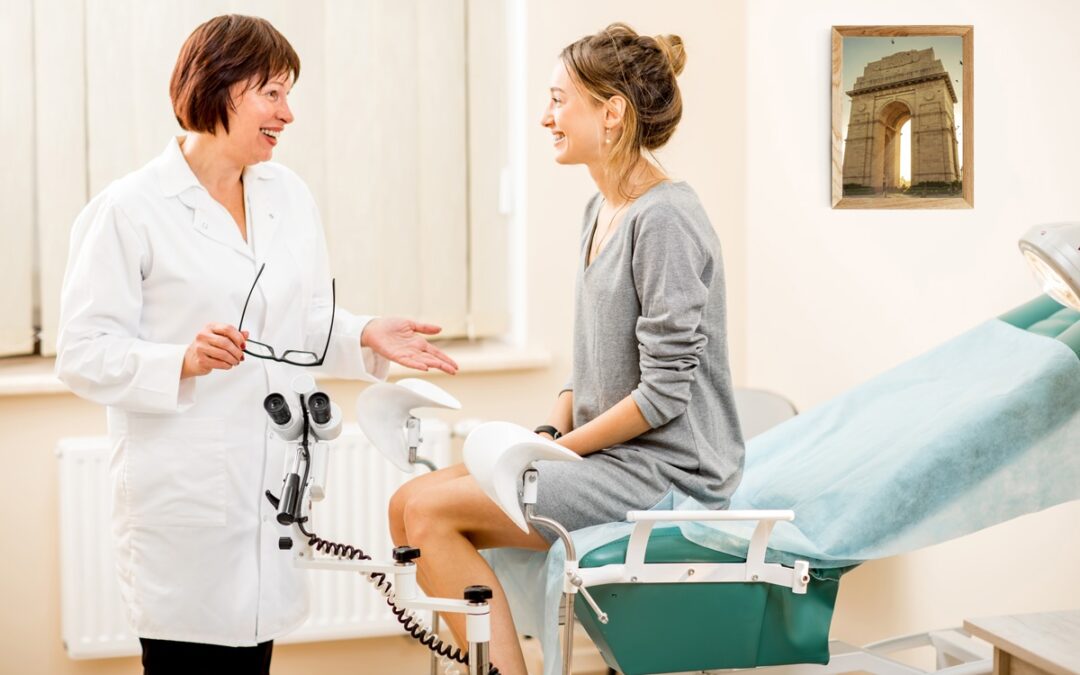Due to lack of awareness, many women face health issues that can worsen in no time if adequate medical treatment is not given. Early detection of chronic health conditions like breast lumps, endometriosis, cervical and abnormal vaginal discharge help women live a healthier life and increase their chances of survival. These days, doctors recommend women going for regular screenings and examinations to restrict cancer formation.
The initial visit to the gynecologist should be made at the age of 15 or afterward for an age-appropriate discussion regarding menstruation and on reviewing medical history. Physical examination is not required until someone complains of any discomfort. Pap test is recommended to be performed every three years after the age of 21 to screen for cervical cancer. Many women detect it after reaching a certain stage when symptoms tend to deteriorate overall health and start affecting daily life activities.
Another reason for visiting gynecologists in the late teens is to learn about safe sex, birth control methods, and prevention of sexually transmitted diseases. When pregnancy occurs, the gynecologist will help with the birth plan management, detect early congenital deformities, and genetic disorders, and ensure to protect the mother from health issues such as high blood pressure or (gestational) diabetes C-section rates.
Now is the time to break all the taboos and myths about women’s health and take a proactive approach to overcome avoidable challenges. The right consultation helps women to prevent various life-threatening conditions through early detection and proper treatment.
Read on to know when is the right time to visit the Gynecologist.
When to consult a Gynecologist?
- For younger women, visiting a gynecologist for regular or annual preventive health screenings is necessary, including breast and pelvic exams and PAP testing.
- Irregular menstruation, leading to PCOD/PCOS
- To seek knowledge regarding sexually transmitted infections (prevention & treatments)
- For prenatal counseling and seeking help with family planning issues, which include contraception, sterilization & infertility.
- For prenatal-care examination, a gynecologist will help detect the risk of congenital disabilities or genetic disorders.
- A proper guidance channel must be maintained whether it’s a normal or a high-risk pregnancy. Even after the birth of a child, postpartum care is necessary for the mother.
- For regular fetal monitoring during pregnancy
- For diagnosis & treatment of endometriosis, sexual dysfunction, and pelvic inflammatory diseases.
- For uterine fibroids, ovarian cysts, hysterectomy, and other bladder-related issues.
- During menopause, or hormone replacement therapy counseling and treatment.
- Seek treatment for regular hormonal imbalances leading to chaotic personal life and mental suffering
Any unusual symptoms should be brought to the gynecologist’s attention immediately, especially when related to vaginal bleeding, breast abnormalities, or painful intercourse. Every woman needs to learn about the biological changes that a female body goes through at different life stages. Consulting a gynecologist at the right age and at the right time can help avoid serious health complications.



Recent Comments